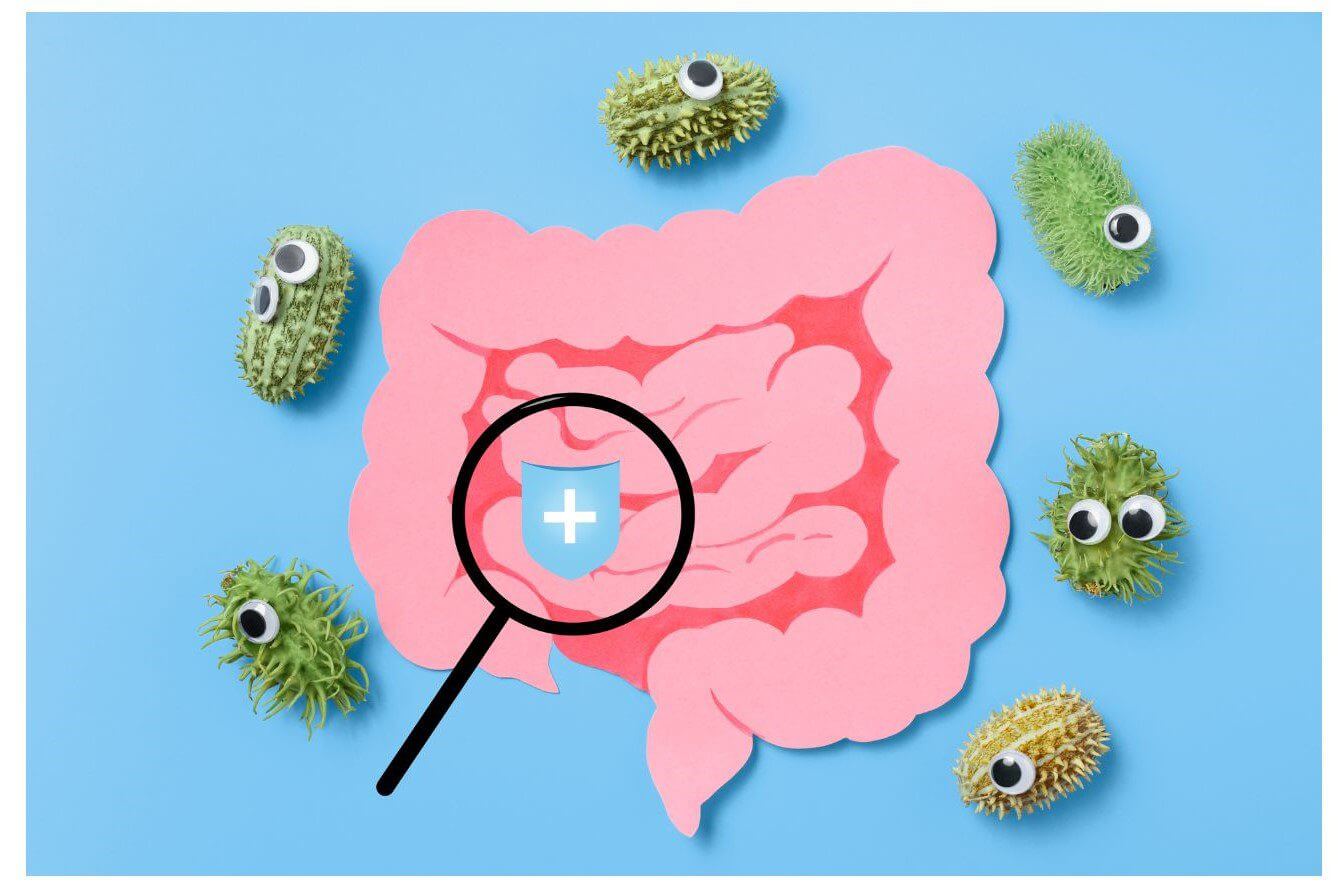Understanding the intricate relationship between gut health and hormonal balance is crucial for achieving optimal health, especially for women who experience significant hormonal shifts throughout their lives. From the onset of puberty to the challenges of perimenopause and menopause, this connection plays a pivotal role in women’s overall well-being.
In this comprehensive guide, we will explore how the gut impacts hormone balance, the evolution of this connection through different life stages, and actionable steps you can take to protect your gut and promote hormonal harmony.
Exploring the Gut-Hormone Connection
At the heart of this relationship lies the “estrobolome”—a collection of gut bacteria capable of metabolizing estrogen. This microbiome influences how much active estrogen circulates in the body, impacting everything from menstrual cycles to mood and weight regulation.
In Eastern systems of medicine, like Ayurveda, the biological fire of the body for all digestive function is known as “agni”. Digestive fire is important for a healthy microbiome, proper digestive health and energy to the entire body. Any disturbances in its balance creates discomfort in the gastrointestinal tract and can result in symptoms like constipation, ulcers, or hormone issues (1).
How the Gut and Hormones Interact
Estrobolome Function: These gut bacteria regulate estrogen levels by breaking down estrogen into forms that can be excreted from the body. Imbalances in this system can lead to estrogen dominance or deficiency, affecting menstrual cycles and overall hormonal health.

Metabolism and Detoxification: The liver and gut work together to metabolize and detoxify hormones, ensuring the removal of excesses and maintaining a hormonal balance.
Inflammation Control: Gut health directly affects inflammatory markers in the body. Chronic inflammation can disrupt hormonal balance, leading to conditions like PCOS and endometriosis.
Watch: My Top [Natural!] Anti-Inflammatory Supplements
The Impact of Gut Health on Hormone Balance
A healthy gut ensures the efficient metabolism of hormones, reducing the risk of imbalances that can manifest as various symptoms, including (2):
- Irregular menstrual cycles
- Mood swings and anxiety
- Weight gain or difficulty losing weight
- Digestive issues like bloating and constipation
- Fatigue and low energy levels
Listen: How to Balance Hormone for Weight Loss
The Gut-Hormone Connection Throughout Life
Women’s hormonal needs and challenges evolve throughout different stages of life. Understanding how these changes impact gut health can help women navigate these phases more smoothly.
Puberty
During puberty, hormonal surges can impact gut flora, leading to digestive issues, acne breakouts, and mood swings. Establishing good gut health practices early can set the stage for balanced hormones throughout life.
Reproductive Years
In adulthood, hormonal fluctuations due to menstrual cycles, pregnancy, and birth control use can all affect gut health. Maintaining a balanced diet and lifestyle is critical during these years.
Perimenopause and Menopause
Perimenopause marks the transition to menopause, characterized by fluctuating estrogen and progesterone levels. These changes can wreak havoc on gut health, leading to symptoms like bloating, digestive discomfort, and weight gain.
During perimenopause and menopause, digestive fire—or agni—decreases, making it more important than ever to support gut health to avoid digestive discomfort and hormonal imbalance symptoms. Post-menopause, reduced estrogen levels can also affect gut motility and microbiome composition (3).
Protecting Your Gut to Promote Hormone Balance
Maintaining a healthy gut is essential for hormonal balance. Here are some actionable steps you can take:
Dietary Tips to Improve Gut Health

What you eat has a major influence on your gut health. Some diet tips to keep in mind are:
- Focus on whole, unprocessed foods like fruits, vegetables, and lean protein sources.
- Incorporate fermented foods like kimchi, sauerkraut, and kefir into your diet for probiotics that can help balance gut flora.
- Fiber-Rich Foods: Incorporate plenty of fruits, vegetables, whole grains, and legumes to support gut bacteria.
- Healthy Fats: Include sources of omega-3 fatty acids like fish, flaxseeds, and walnuts to reduce inflammation.
- Avoid Processed Foods: Minimize the intake of processed and sugary foods that can disrupt gut flora.
Read: Fiber Causing Too Much Gas? Try This Fix!
Digestive Herbs for Hormonal Health
For more support, you can also incorporate digestive herbs commonly used in Ayurveda or traditional Chinese medicine. Some of the more popular include:
Chyawanprash: The original superfood, this diverse and extensive blend of herbs, spices, and botanicals has been used for thousands of years to support everything from a healthy immune system to strong digestive function (4).
Berberine: This root might have a funny-sounding name, but its benefits are nothing short of amazing. Berberine has been shown to fight Candida in the gut, which can be the cause of gas, bloating, and uncomfortable digestive systems. It also promotes healthy blood sugar, which becomes a pivotal factor in managing hormonal issues, especially during perimenopause and menopause (5).
Turmeric: Turmeric is one of the most beneficial Ayurvedic medicine supplements you can incorporate into your daily routine, which is why you’ll find fermented turmeric—the most readily absorbed form—in the Belly Fix digestive supplement.
The Role of Probiotics and Prebiotics
Probiotics: Introduce beneficial bacteria to the gut through fermented foods like yogurt, kefir, sauerkraut, and supplements.
Prebiotics: Feed your good bacteria with prebiotic-rich foods like garlic, onions, bananas, and asparagus.
Read: These 5 Anti-Nutrients Disrupt Hormones
Other Lifestyle Changes to Support a Healthy Gut and Hormone Balance
Regular Exercise: Physical activity promotes healthy digestion and reduces stress, which can positively impact hormone levels.
Stress Management: Practices such as yoga, meditation, and deep breathing exercises help maintain a balanced gut-brain axis.
Adequate Sleep: Ensure you get 7-9 hours of quality sleep each night to support hormonal regulation.
The Takeaway
The gut-hormone connection is a critical aspect of women’s health that deserves attention throughout all stages of life. By understanding this relationship and taking proactive steps to maintain gut health, women can achieve better hormonal balance and overall well-being.
Remember, small, consistent changes can lead to significant improvements in your health. Start today by incorporating these tips and strategies into your daily routine, and take control of your gut and hormonal health.


